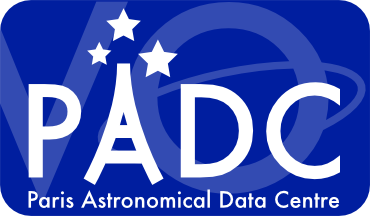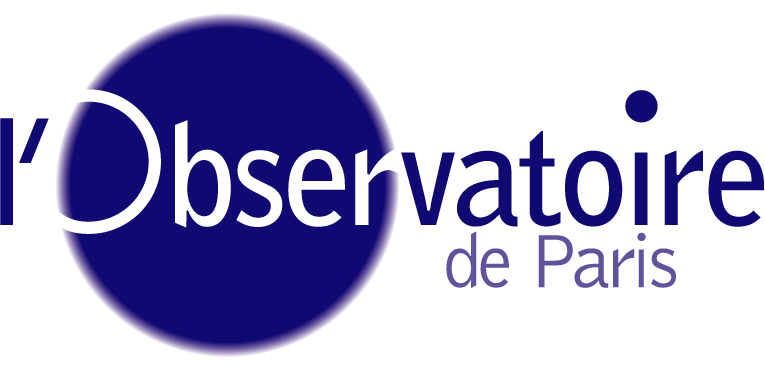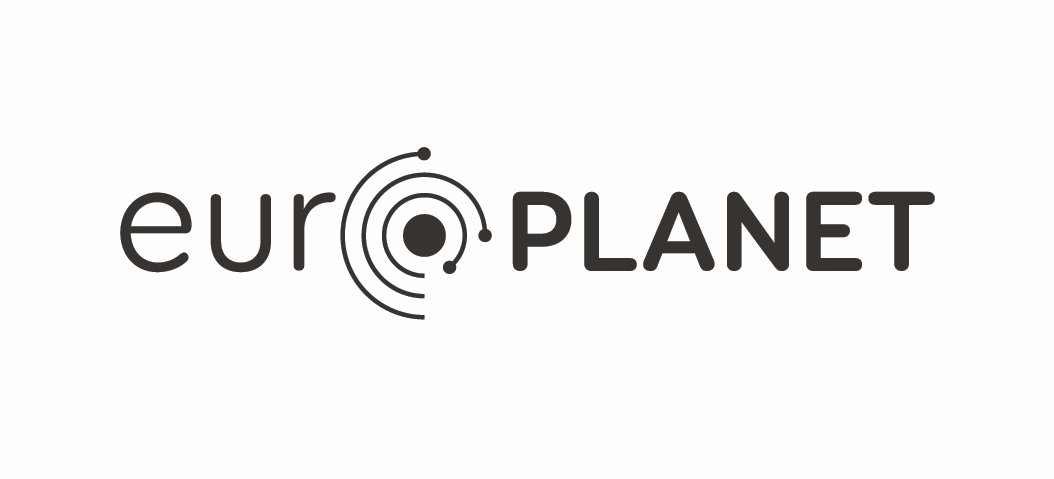VESPA Europlanet-2024 / Science themes
VESPA developments are supported by 7 science themes. Their role is to study Virtual Observatory requirements in specific contexts, to prepare new data services, and to design new workflows to support science analysis. This will help double the data content made available during Europlanet-2020, and will enlarge the scope of VESPA's EPNCore Data Model.
| Science themes | |
|---|---|
| Exoplanets | Will develop a specific Data Model describing these objects, and new services including a database of planetary disks, multifractal simulations of topography, and simulations of atmospheres to retrieve atmospheric compositions. |
| Lab measurements / solid phase spectroscopy | The SSHADE infrastructure developed in EPN2020 for spectroscopy (ice, minerals, organics) will be doubled in content, and enlarged with molecular solids band lists. |
| Small bodies & dynamics | New services will include properties of asteroids based on GAIA data; predictions of stellar occultations by asteroids & satellites; the Natural Satellite Data Base (from the H2020 ESPACE programme); fireball detections from the Fripon network. |
| Planetary surfaces | More multiscale maps (HiPS) will be distributed through Aladin and other software, with a focus on the Moon and Mercury in support of coming space missions. The VO-GIS bridge developed under EPN2020 will be enlarged. |
| Planetary atmospheres | New simulations from Global Circulation Models will be made available for Mars and Venus, as well as more observational data from recent space missions. The theme will use the new run-on-demand platform OPUS. |
| Plasmas, magnetospheres | New services will include low-frequency radio services (MASER) and simulations of magnetic field inside planetary magnetospheres. AMDA will benefit from improved support for long time series with adaptive resolution. |
| Heliophysics | More solar data services will be published from collections at INAF/OATS, ObsParis, CNRS/IRAP, and collaborating institutes. |
Further information
| VESPA wiki | VESPA work packages & tasks |
Credits
If your research benefits from the use of VESPA, we would appreciate if you could include the following acknowledgement and reference in your publication:
"This research has made use of the VESPA portal and services (https://vespa.obspm.fr) funded by European Union's under grant agreement No 871149"
VESPA: A community-driven Virtual Observatory in Planetary Science. Erard S et al., 2018. doi: 10.1016/j.pss.2017.05.013
Please also acknowledge the original data providers.
Except where explicitly mentioned, data are distributed under Etalab Open License 2.0 (compliant with CC-BY 2.0 license).
The Europlanet 2024 Research Infrastructure project has received funding from the European Union's Horizon 2020 research and innovation programme under grant agreement No 871149.
The Europlanet 2020 Research Infrastructure project has received funding from the European Union's Horizon 2020 research and innovation programme under grant agreement No 654208.
This work used the EGI Infrastructure with the dedicated support of IN2P3-IRES and CESNET-MCC.
VESPA has first been designed in the frame of Europlanet-RI JRA4 work package (IDIS activity).
Additional funding was provided in France by the Action Spécifique Observatoire Virtuel and Programme National de Planétologie / INSU.
 |

|  |
 |

